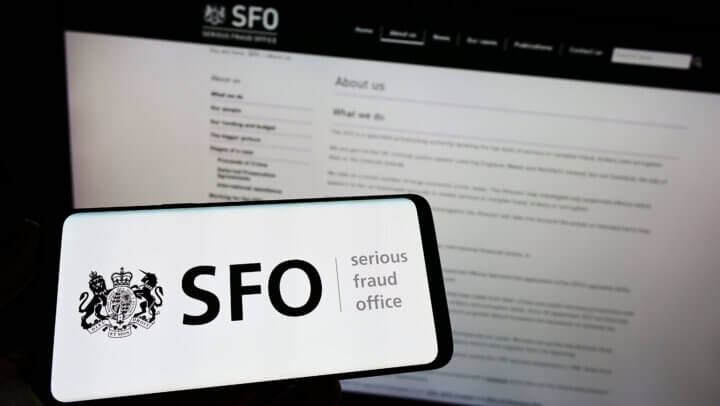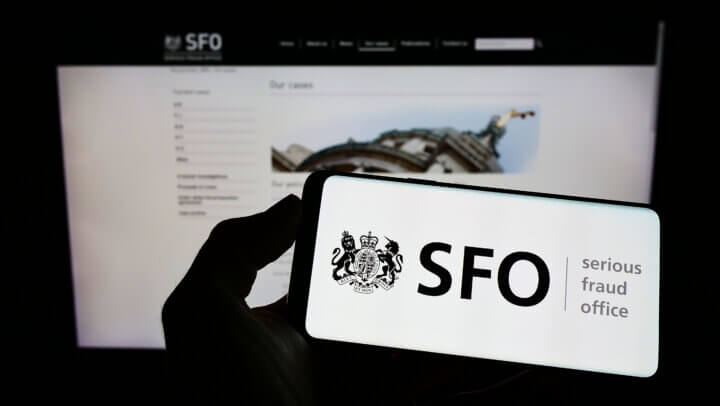Next up in our series of legal guides explaining the process of money laundering investigations, BCL partner John Binns outlines the steps that are taken once a person is arrested in connection with money laundering offences.
The triggers
The first a person will know that they are a suspect in a money laundering investigation will typically be when they are arrested, often in conjunction with a search of their home and/or business premises, and closely followed by an interview under caution. These are far from ideal circumstances for anyone to make calm and rational decisions about how to protect their interests.
There will, in a small but increasing number of cases, sometimes be alternative means of ascertaining, or at least inferring, that a person is a suspect. The service of a restraint order, which will plainly identify the suspect/s in the case, may serve such a purpose, and it is not uncommon for this to occur without, or before, an arrest. The suspect may also be alerted by arrests of others in the same investigation.
In these circumstances, a likely early task for the adviser will be to contact the investigator and make clear that the suspect will attend for interview voluntarily and an arrest is therefore unnecessary (though this is no guarantee that the investigator will take the same view).
Blocked accounts and transactions
In other cases, the blocking of a bank account, which the account holder or (more likely) their adviser may infer is due to the submission of a Suspicious Activity Report (‘SAR’), will be the trigger for advice. It is by no means the case that every person whose bank blocks their account becomes a suspect in a money laundering investigation. In many cases, the block will be lifted after a few days (consent having been granted), and the customer may be none the wiser.
Nevertheless, the submission of a SAR, though an increasingly routine part of banking practice, is far from trivial for the person who is the subject of it – implying, as it does, that there are grounds (at least in the bank’s eyes) to suspect them of an offence. Unfortunately, the scope for obtaining redress from the bank for an unjustified SAR is limited, due to the statutory protection for reporters.
If nothing else, if a client can be assisted to understand why his bank has taken this view, it may be possible to prevent a recurrence. But it may also be possible to consider the facts that preceded the (inferred) SAR, and to anticipate whether a criminal investigation is likely to follow.
Unlike the position where a restraint order has been served, the (potential) suspect will not necessarily have the advantage of knowing a specific investigator or department who can be contacted proactively, with a view to avoiding an arrest. Nevertheless, it may be both possible and prudent to take proactive steps in these circumstances.
Other investigations
Another means of anticipating (or even preventing) a money laundering investigation is where it emerges from something else, perhaps an investigation of a different nature. This may be (for example) a civil tax enquiry or an approach by the Financial Conduct Authority or a professional supervisor, where there is potential for money laundering to be alleged.
More commonly perhaps, there is an obvious potential for a civil recovery investigation to give rise to allegations of money laundering. A seizure of cash or an Account Freezing Order, for instance, can easily lead to questions being asked, and information provided, which prompt the agency dealing with it to launch a money laundering investigation. If this development can be anticipated in advance, the (potential) suspect is likely to be in a far better position to prepare their defence.




